Trauma Treatment Course: Mind-Body Integration Techniques for Healing Trauma, PTSD and Grief – Michael Prokop
Original price was: $299.99.$87.00Current price is: $87.00.
Trauma Treatment Course: Mind-Body Integration Techniques for Healing Trauma, PTSD and Grief – Michael Prokop Download. Or do you have a pit in your stomac…
Unlock your potential with the Trauma Treatment Course: Mind-Body Integration Techniques for Healing Trauma, PTSD and Grief - Michael Prokop course for only Original price was: $299.99.$87.00Current price is: $87.00. at WSOLib.com! Discover our vast library of over 60,000 downloadable digital courses across Health and Medical. Get expert-guided, self-paced learning and save over 80% compared to retail prices. Transform your skills today!
Salepage link: At HERE. Archive:
Are you confident in your clinical work with clients suffering from trauma or PTSD?
Or do you have a pit in your stomach after a session with a traumatized client because you fear that you may have done more harm than good?
Despite our best intentions, clients are often triggered or even retraumatized by talking about their experiences before they have the skills to regulate their emotions, calm their bodies and focus on the present.
This common treatment pitfall can lead to client’s withdrawing from the experience, avoiding their thoughts and feelings, or ending therapy all together. By incorporating mindfulness skills, clinicians can help clients to tolerate distressful memories, triggers and emotions in-order-to successfully begin to navigate their trauma narrative and move into post-traumatic growth.
Watch this recording and you will take away evidence-based, best-practice clinical interventions based on the neuroscience of traumatic stress with effective mind-body treatment approaches to have better clinical outcomes! Leave this course with more confidence in your trauma work!
- Analyze the impact of trauma and disrupted attachments on the structure and function of the developing mind and brain.
- Assess a client’s sensory, emotional and cognitive reactions to a traumatic event and develop a brain-based integrated treatment program.
- Describe why premature cognition can often re-traumatize a client and how sensory-motor processing can alleviate traumatic re-experiencing.
- Examine how traumatized clients process internal and external information.
- Incorporate self-regulation and relaxation techniques for trauma symptoms and traumatic growth.
- Correlate how adverse childhood experiences (from the ACEs Study) impact brain development, emotion regulation & cognition.
- Integrate specific techniques that enhance attention, interoception, affect regulation, physical mastery and sensory-motor awareness.
- Summarize the recent advances in the neurobiology of trauma and complicated grief and how it can impact your clinical work.
- Practice body awareness to stabilize, ground and center traumatic sensations and emotions in your clients.
- Utilize body-based and cognitive treatment approaches in your clinical practice with traumatized clients.
- Integrate Sensory Experiencing, Affect Regulation, CBT and Embodied Mindfulness to more effectively treat the whole person.
- Modify your clinical assessment and intervention strategies when working with traumatized children and adolescents.
The Neuroscience of Trauma
- The Triune Brain and the neurobiology of traumatic stress
- How trauma is held in the body
- Arousal management, learned helplessness, and fear regulation
- Enhance affect regulation
- Somatic re-experiencing of trauma to “attend and befriend” traumatic body sensations and feelings
Trauma and Complicated Grief
- Stages of loss and recovery
- How trauma “freezes” the normal grieving process
- Signs of complicated/traumatic grief
- Factors contributing to complexities in grief
- Grief, bereavement in DSM-5® and viable treatment implications
Assessment of Traumatic Stress
- Diagnostic and Statistical Manual of the APA
- ACEs (Adverse Childhood Experiences) Study and Developmental Trauma
- Diagnose PTSD with the PCL-5
Treatment Approaches to Treat Trauma
- Mindfully observing sensations, feelings, perceptions, and thoughts
- Bottom-up: somatic interventions, sensory motor integration, breathwork
- Top-down: CBT, Rational Emotive Therapy, Positive Self Talk
- Horizontal: EMDR, Bilateral stimulation
Reprocess and Transform Trauma: Treatment Strategies
- Use titration, grounding, centering and pendulation
- Integrate body-oriented and neurologically-based therapy with CBT
- Embodied mindfulness
- Coherent story/experiences and metabolization of traumatic memories
- Breathwork, Progressive Muscle Relaxation, and Autogenics
- Multisensory Guided Imagery and systematic desensitization
- Self-regulation and relaxation
- Art-therapy, play and theatre movement-based interventions
- Sensory integration
- Mindfulness with self-compassion
Posttraumatic Growth: Empowerment and Resilience
- Positive Psychology Interventions
- Navy Seal Mental Toughness Model
- Instill optimism, hope, curiosity and imagination
- Forgiveness, gratitude and positive emotions
- Renewed sense of meaning and purpose
- Use signature strengths
- Enhance relationships and social support
- Self-esteem, self-efficacy and resilience
- Volunteering and giving
- Reconnection to self, family, society and hopes/dreams
Traumatized Children and Adolescents: The Developing Brain, Body and Mind
- High risk characteristics, pre-natal and early life trauma
- Mirror neuron systems, attachment, RAD and brain development
- Disassociation, self-blame, guilt, and shame
- Self-regulation, Interpersonal Neurobiology, impulse control, and frustration tolerance
- Integrate Body Work and Trauma Focused CBT for children
- Brain-based interventions
Limitations of Research and Potential Risks
- No “one size fits all” for any modality of trauma treatment
- Various definitions of trauma with different treatment implications
- Side effects may include an initial increase in symptoms
- Empirical verses anecdotal evidence
Secure your future with the Trauma Treatment Course: Mind-Body Integration Techniques for Healing Trauma, PTSD and Grief - Michael Prokop course at WSOLib.com! Gain lifetime access to expertly curated content, empowering your career and personal development.
- Lifetime Access: Enjoy unlimited access to your digital courses.
- Huge Savings: Prices are consistently up to 80% lower than original sales pages.
- Secure Transactions: Shop with confidence using our trusted payment methods.
- Actionable Knowledge: Acquire real-world skills from diverse topics.
- Instant Delivery: Start learning immediately after purchase.
- Device Flexibility: Access your courses on desktop, mobile, or tablet.
Begin your learning journey with WSOLib.com!
Specification: Trauma Treatment Course: Mind-Body Integration Techniques for Healing Trauma, PTSD and Grief – Michael Prokop
|
User Reviews
Only logged in customers who have purchased this product may leave a review.

Original price was: $299.99.$87.00Current price is: $87.00.

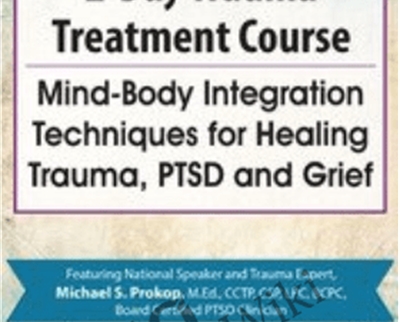

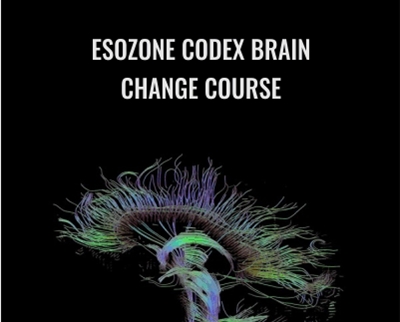
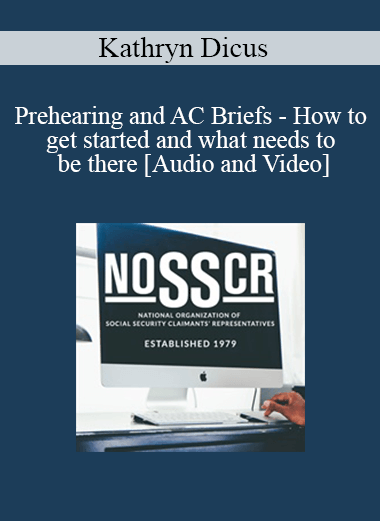


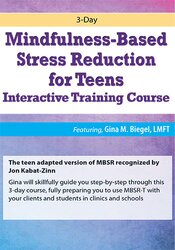
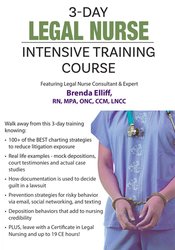
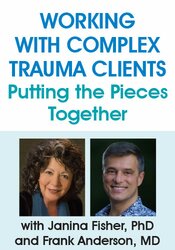
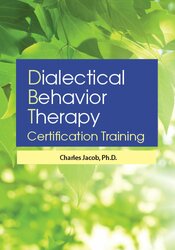
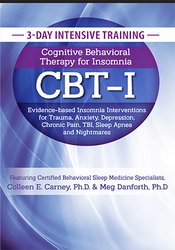
There are no reviews yet.